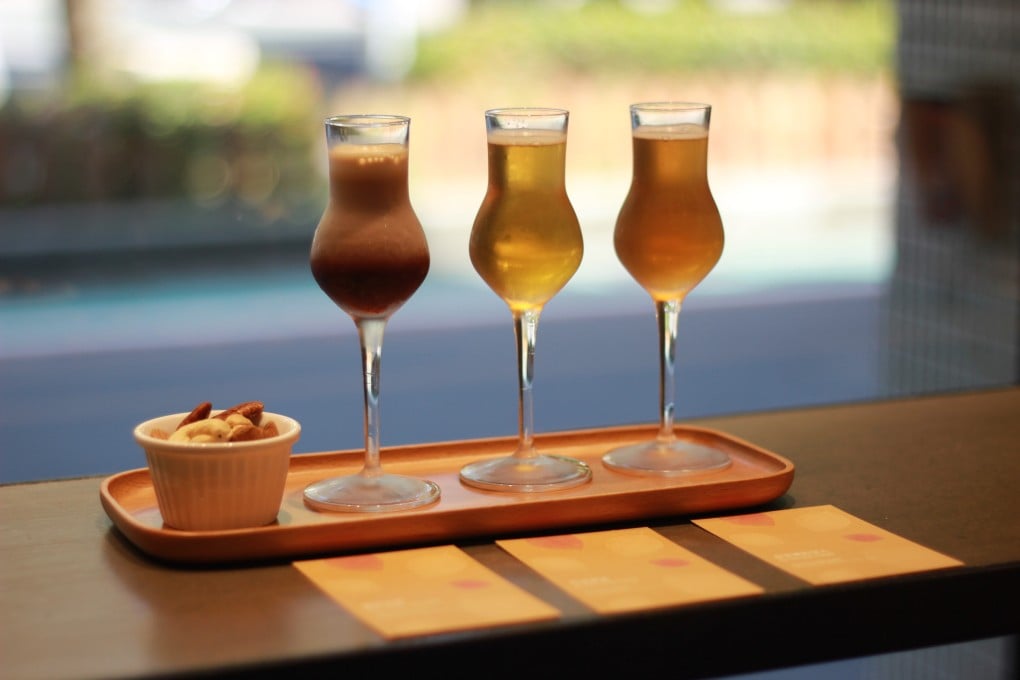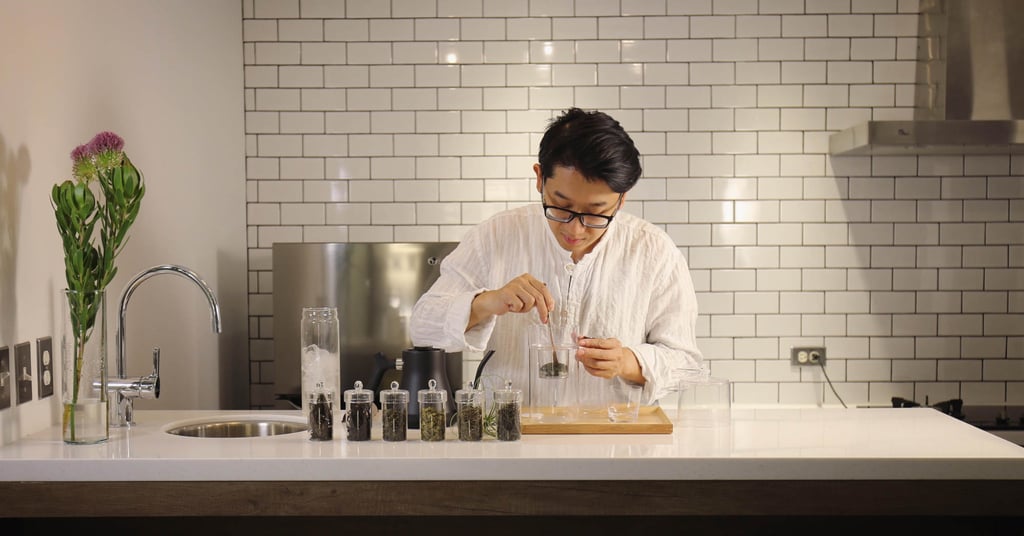Taiwan’s not just bubble tea, say these tea houses coming up with new drinks and innovating on the country’s drinking culture
- From bottled cold brews to cocktails, three tea entrepreneurs are combining a reverence for Taiwan’s traditions with drinks that will appeal to younger people
- While Taiwanese tea has always been transforming, the outsize influence of its tea masters saw it stop innovating for a long period, an academic says

At first glance, it’s not clear what the sun-soaked storefront in the fashionable Xinyi district in Taipei is selling. It can easily pass for another chic cafe, or maybe, after spotting the glass flasks holding a pale amber liquid, you might assume it’s a bar specialising in whisky.
Look closer, though, and you’ll find that the flasks hold not liquor, but brewed small-leaf black tea. Jewellery dishes of loose-leaf teas invite you to pause and take a sniff. Glass contraptions hang along the main wall, making ice-drip tea.
This is Shi Jian Tea, founded in 2016 by Franco Chang, the thirty-something, fifth-generation member of a tea family in Taiwan, and a computer engineer turned tea entrepreneur. His shop is part of a new crop of tea houses reimagining tradition and tea culture, or in his words, “finding a path of innovation within tradition”.
Taiwan has a rich, but brief, tea history, traditionally associated with gong fu cha from mainland China’s Fujian and Guangdong provinces, which later, combined with Japanese influences, became chayi, or tea art. It involves special equipment, settings and rituals.

Some of the most prized teas, especially oolongs, are found on the island’s high elevations. Taiwan tea production was export-driven under Dutch and Japanese traders until the 1980s, when it switched to serving the domestic market. And Taiwanese tea drinkers are just begging for more: tea consumption per capita has increased nearly fourfold since then. Half of the demand is for bottled and takeaway tea drinks.